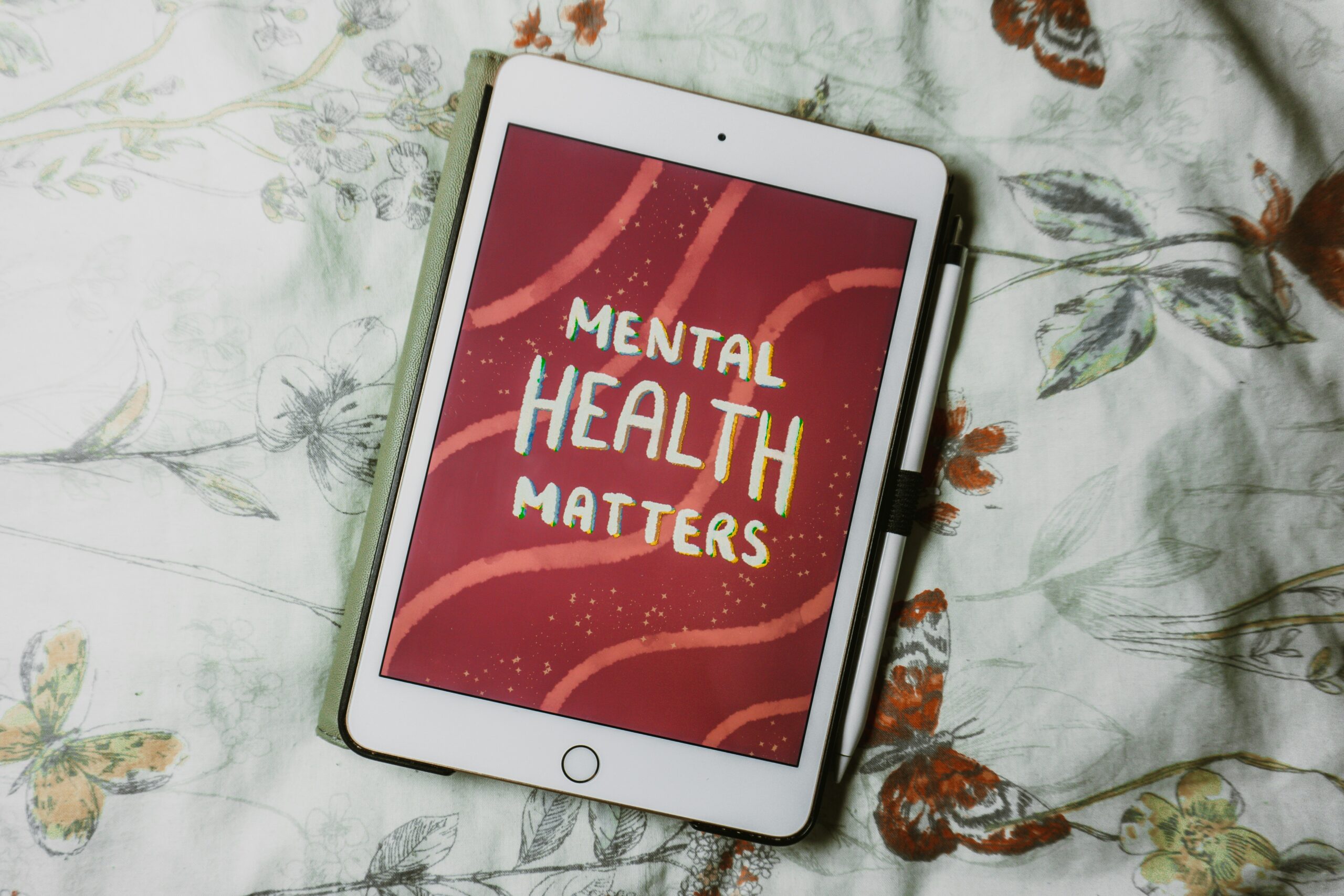Know Your Mental Health Professionals

Over the past couple of years, my work as a counsellor has led me to discover that there is a definite gap in the public understanding about which mental health professional to approach for specific concerns. While awareness around mental health and the availability of support have grown, many people remain unclear about which expert is best suited for their needs. I am not surprised, too. Afterall, with the mental health space getting its boost in recent years, lots of terminologies and titles have cropped up, and this can be really confusing for anyone outside this space. If you’re thinking about seeking help but feel overwhelmed by the maze of titles and roles, I hope that this guide can give you some clarity.
Who are the different professionals available?
There are various types of mental health professionals, each trained and qualified to support different kinds of challenges. You may have come across titles like Life Coaches, Parent Coaches, Leadership Coaches, Counsellors, Psychologists, and Psychiatrists. While their roles can sometimes overlap, it’s important for clients to understand the distinctions between them.
To start, let’s look at the first professional that typically comes to mind when mental health is mentioned.
Who is a Psychiatrist?
A psychiatrist is a medical doctor— an MBBS-qualified professional who has specialized in psychiatry. Psychiatrists are trained to diagnose and treat mental health disorders, and importantly, they are the only mental health professionals allowed to prescribe medication. No other mental health provider should be giving you prescriptions. It is also worth noting that unless a psychiatrist is also trained and practicing as a psychologist, they’re not typically the person you’d go to if you’re imagining a calm setting with a couch where you can talk through your life’s challenges.
Who is a Psychologist?
A psychologist holds either a Master’s or Doctorate degree in Psychology. It’s important to note that psychologists are not medical doctors and cannot prescribe medication. They are the professionals who provide a safe space for your thoughts and emotions, help identify core issues and support you through long term treatment plans for your emotional needs. However, even within this field, there are different specializations. Clinical psychologists and counselling psychologists serve distinct roles, so keep reading to understand who does what.
Who is a Clinical Psychologist?
A clinical psychologist in India must be licensed with the Rehabilitation Council of India, which requires an RCI approved Diploma/M.Phil/Ph.D post their Masters. This area of study focuses extensively on mental disorders and their treatment. Clinical psychologists are qualified to diagnose mental health conditions through standardized assessments, including ADHD, personality disorders like borderline personality disorder, schizophrenia, autism, and eating disorders. They are trained to evaluate clients thoroughly and provide accurate diagnoses.
Who is a Counseling Psychologist?
A counselling psychologist typically holds an M.A/M.Sc. in Counseling Psychology. Unlike clinical psychologists, their focus isn’t on diagnosing or treating disorders. Instead, they concentrate on helping clients navigate everyday challenges, manage emotional difficulties, build resilience, and improve overall well-being. India currently doesn’t have a statutory regulation for Counseling Psychologists, which means that there is no licensing requirement.
But then, who is a Therapist?
In India, the word Therapist is loosely used to refer to Psychologists. When someone refers to their ‘therapist’, they could be referring to their ‘Counselling Psychologist’.
Okay….So, Who is a Counsellor?
Phew! It’s easy to see how this can get confusing for clients. 🙂
A counsellor typically uses shorter, more solution-focused therapeutic approaches to support clients with life skills, stress or adjustment issues. For example, a school counsellor probably won’t dive deeply into a child’s life or address severe trauma, but they can support children through a limited number of sessions, helping with life skills and emotional intelligence at a moderate level. On the other hand, a therapist may work with clients over a longer period—sometimes even years—using techniques that explore their past, personality, and life experiences to understand how these factors contribute to current issues.
Counselors in India may or may not hold formal psychology degrees. Their training could range from diplomas to Master’s in psychology.
And Finally, Who is a Coach?
Coaches typically do not have degrees in psychology. Instead, professional coaches earn certification from the International Coaching Federation (ICF). Coaching is a forward-focused, solution-oriented approach designed to help you get “unstuck,” set SMART goals, and stay accountable to your action plans. There are various coaching certification levels—ACC, PCC, and MCC—each requiring progressively more rigorous training and experience.
Coaches usually don’t have a background in psychology and the process of coaching doesn’t ideally explore a client’s past or work on unresolved emotional issues. However, in my experience, I have seen considerable overlap in India between coaching and counselling, particularly in spheres like life -coaching or parent coaching. Coaches sometimes enter the realm of counselling and counsellors always involve coaching as part of their process.
Is there a regulatory board for Mental Health Professionals?
Regulations and laws for most mental health professions are country specific. In India, the RCI (Rehabilitation Council of India) issues licenses for Clinical Psychologists only. As of today there is no licensing requirement for professionals practising as Counseling Psychologists or Counselors.
So then how can I assess the qualifications of the professional I am visiting?
Ask! It is okay for a client to know the professional’s background (formal degree, certifications etc) and make a decision based on that.
What if I am confused which professional to approach?
You can start by consulting a counselling psychologist and discussing your concerns. They can usually guide you and refer you to the most suitable professional for your needs. Or, reach out to me at reach.sharanyamisra@gmail.com and I will be happy to assist you 🙂
Navigating the world of mental health professionals can feel overwhelming, but understanding the different roles and qualifications can help you make informed decisions. Whether you choose a psychiatrist, psychologist, counsellor, or coach, knowing who specializes in what ensures you receive the right kind of support. Remember, mental health care is a journey, and finding the right guide can make all the difference.
Photo by Emily Underworld on Unsplash
